In the high‑stakes world of Olympic boxing, one athlete has become a flashpoint for the global debate over gender eligibility in sport. Algerian boxer Imane Khelif, a gold‑medallist in the women’s welterweight event at the 2024 Paris Olympics, is at the heart of a complex dispute involving governing bodies, eligibility rules, fairness concerns and social media scrutiny. This article unpacks the facts: was Khelif banned by the Olympics? What are the eligibility rules? What does this mean for trans‑women and female athletes? And why is the controversy having ripple effects across the sporting world?


Who is Imane Khelif? A Brief Profile
Imane Khelif was born and raised in Algeria, developed as a boxer and achieved a major milestone by winning an Olympic gold medal in the women’s 66kg category at the 2024 Paris Games. According to the International Olympic Committee (IOC), Khelif was born female, competed as a woman for years and held a female passport.
Despite her Olympic success, the path was far from smooth. In 2023 she was disqualified from the women’s world championships by the then‑governing body in boxing — the International Boxing Association (IBA) — over eligibility concerns, which raised questions and triggered a global debate.
Was She Banned by the Olympics? The Short Answer: No — But It’s Complicated
Contrary to some media reports, Imane Khelif was not banned by the Olympics from participating. She competed in Paris and won gold under IOC oversight. The IOC affirmed that she met their eligibility requirements to compete as a woman.
That said, the controversy arises from the fact that the IBA had previously barred her from the 2023 world championships citing “sex eligibility” concerns (tests and chromosome reports). This ban by IBA, combined with conflicting governing‑body rulings, is what neutral observers refer to when they say she was “banned” or “barred” in certain events.
So the nuance: she may have been barred by a sport‑specific body (IBA) in certain competitions, but not by the IOC for the Olympics. And the IOC continues to recognise her eligibility as a female athlete.

What Triggered the Eligibility Dispute?
The roots of the dispute stem from boxing’s complex and contested rules around sex and gender eligibility — especially for female divisions. Some of the key elements:
-
The IBA in 2023 claimed that Khelif and other athletes “failed eligibility tests” related to sex chromosomes (e.g., XY vs XX) or testosterone levels.
-
The IOC, which controls Olympic participation, rejected the IBA’s blanket approach and stated that Khelif met all their eligibility and medical rules. They added that she was born female and registered as female.
-
In 2025, a new regulation from the organisation now overseeing amateur boxing globally (World Boxing) introduced mandatory genetic sex testing for all participants of their sanctioned events. Khelif was specifically referenced in the announcement.
-
The issue inflamed broader debates about transgender athletes, “differences in sex development” (DSD) athletes, fairness, safety in combat sports, and consistency of international rules.
In short: the dispute is not simply about one athlete, but about how female categories are defined and regulated across sports.
Why Is This A Big Deal? The Core Issues
Several reasons why the Khelif case matters far beyond Algerian boxing:
1. Fairness and Safety in Women’s Sport
In combat sports especially (boxing), critics argue that physiological advantages (e.g., strength, muscle mass, bone density) may lead to risk of harm for female competitors if eligibility standards are weak. The Khelif case renewed calls for strict rules.
2. Governance and Inconsistent Rules
National and international federations currently apply different standards (chromosome testing, testosterone limits, puberty history, sex assigned at birth). Khelif’s case exposes how inconsistent and unclear eligibility criteria are across events — some athletes barred by one body, then allowed by another.
3. Trans‑Women Inclusion & DSD Athletes
Though Khelif does not identify as transgender, the case has become a flashpoint in the larger debate over whether trans women (or athletes with DSD) should compete in women’s sport, how to balance inclusion with fairness, and how to define “woman” in competitive sport.
4. Public Perception & Media / Social Media Pressure
The dispute triggered a large volume of online commentary: accusations, conspiracy theories, nationalistic remarks and personal attacks. Khelif became the face of the broader culture war over gender, sport and identity.
5. Implications for the Olympics & Amateur Sports
The IOC and tying bodies are reviewing policies ahead of the 2028 Los Angeles Olympics. The Khelif controversy signals that elite sport may see more rigid, uniform eligibility rules coming — and potentially more exclusion if fairness concerns dominate.
Key Timeline of Events
-
March 2023: Khelif is disqualified from the IBA women’s world championships due to “eligibility issues.”
-
August 2024: Khelif competes at the Paris Olympics, wins gold in the women’s 66kg boxing category. IOC affirms her eligibility.
-
May 2025: World Boxing announces mandatory genetic sex verification for all athletes in sanctioned events and mentions Khelif in relation to the rule.
-
August/September 2025: Khelif appeals the eligibility decisions and legal processes become public; future eligibility remains uncertain.
What’s At Stake & What Happens Next
For Imane Khelif
She stands at a crossroads: maintain her elite status and continue competing (possibly aiming for 2028), or face restrictions or exclusion in certain events if governing bodies adopt stricter eligibility rules. Her reputation, mental health and legacy are all under pressure.
For Female Athletes
Women in sport face uncertainty: new rules might protect fairness but may also exclude athletes with DSD or raise privacy, medical‑ethics and human‑rights concerns. The line between inclusion and competitive fairness is becoming harder to draw.
For Trans Women & DSD Athletes
Although not directly Khelif’s identity, the case strengthens the political and regulatory momentum for more restrictive participation rules in women’s sport. This could affect many trans women and athletes with DSD in years to come.
For Sporting Bodies & the Olympics
The IOC, national federations and event organisers will need to align on clear, fair, non‑discriminatory eligibility rules. Lack of uniformity undermines trust, athlete rights and competitive integrity. The Khelif incident is likely influencing upcoming policy decisions for 2028 and beyond.
How to Think About the Debate: Key Considerations
-
Biology vs Identity: One side argues that sex assigned at birth and physiology matter for fairness in women’s sport; the other argues for gender‑identity inclusion and rights protection. Khelif’s case is caught between these tensions.
-
Privacy and Athlete Rights: Genetic or sex‑verification testing raises ethical questions about privacy, consent, human dignity and data security — especially when it’s mandatory or publicised.
-
Safety in Contact & Combat Sports: Sports like boxing and martial arts carry injury risk. Some argue that differences in strength or physiology can increase risk — the Khelif case was cited in this context.
-
Global Consistency: When different sports federations apply different rules (chromosomes, hormones, puberty history, legal gender), athletes may compete under one body but be barred by another — creating confusion, unfairness and legal risk.
-
Public Narrative & Media Impact: The Khelif case shows how sport becomes entangled with politics, social media outrage, gender‑wars and national pride, which increases pressure on the athlete and the system.
The case of Imane Khelif may seem like a singular story of an Algerian boxer and a gender‑eligibility dispute, but it’s actually much deeper and more consequential. It reflects evolving dynamics in women’s sport, the complexity of gender and biology in competition, and the challenge sporting – and social – institutions face in balancing fairness, inclusion and identity.
For Khelif, the path ahead is uncertain — she may continue to fight for her right to compete, to defend her Olympic title and to clarify her legacy. But regardless of how her individual journey turns out, the larger questions raised by her case will shape the future of women’s sport, the rights of athletes and the policy of global sport governance.
In the context of elite sport where fractions of seconds, punches and points decide history, the question of “who is eligible” may become as pivotal as “who wins.” And the Imane Khelif controversy shows that these questions are no longer peripheral — they are central, urgent and global.

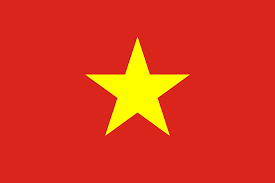 Vietnamese
Vietnamese





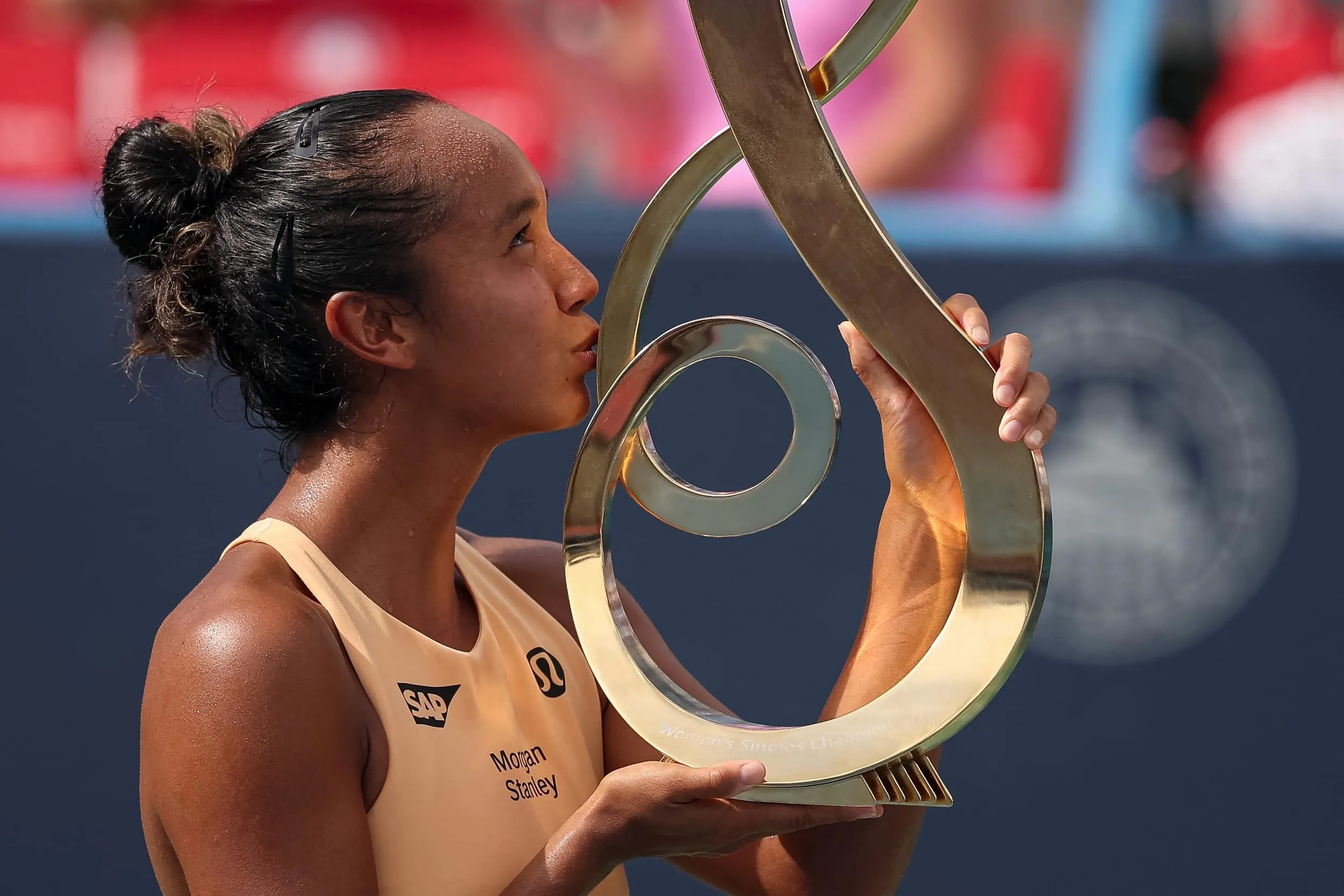
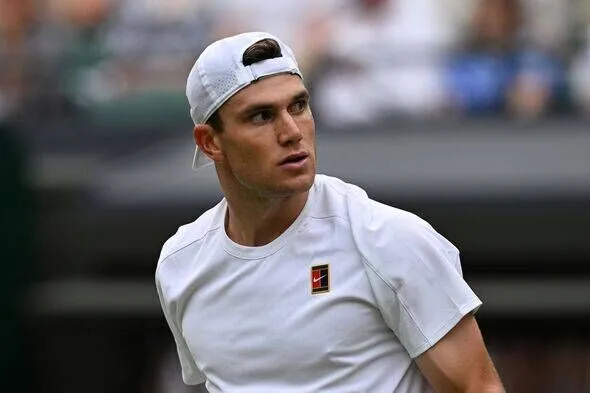
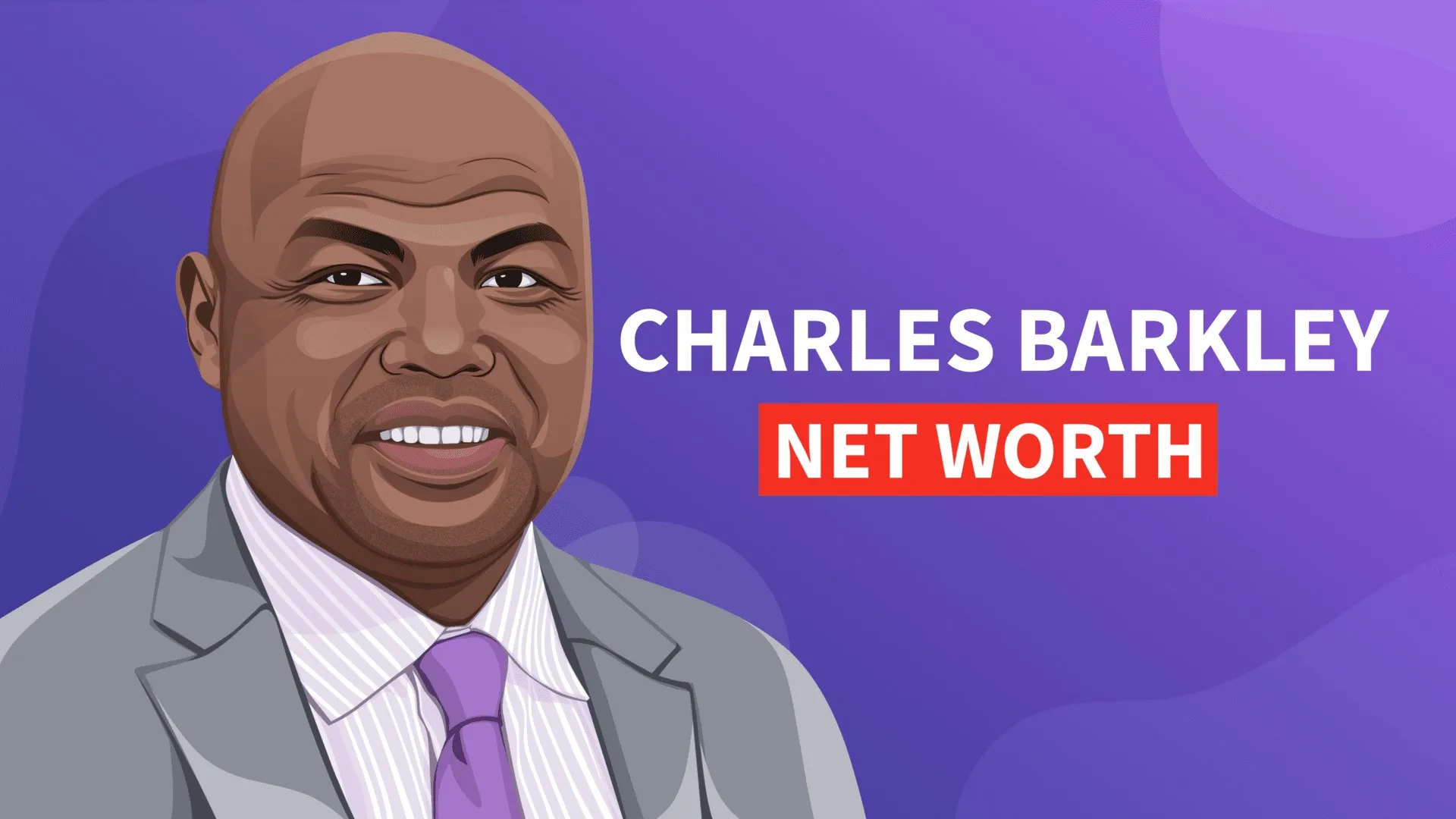
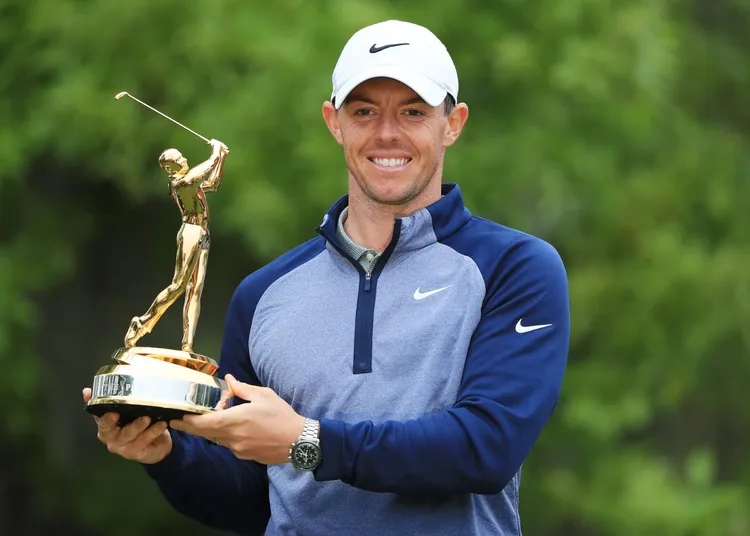
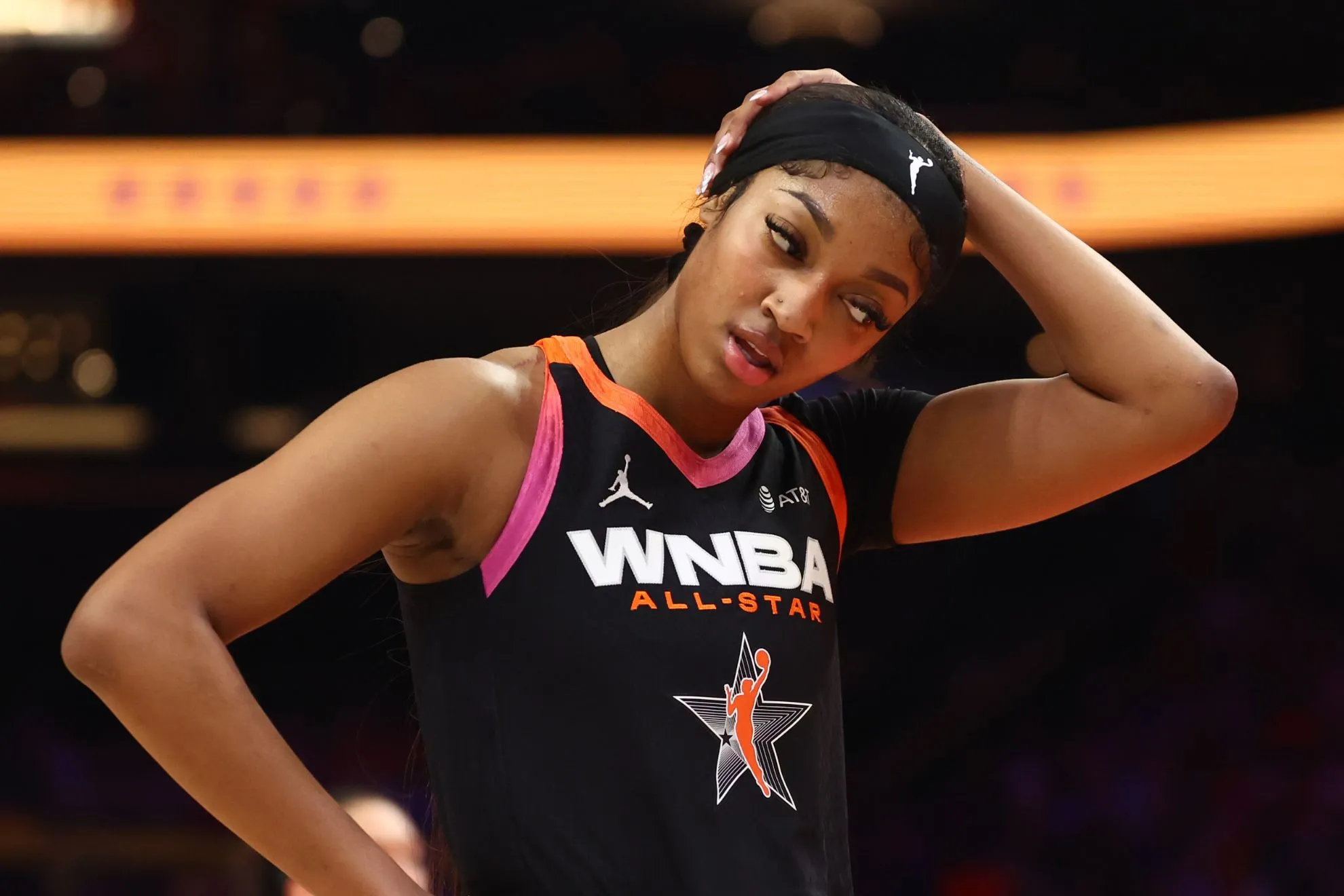
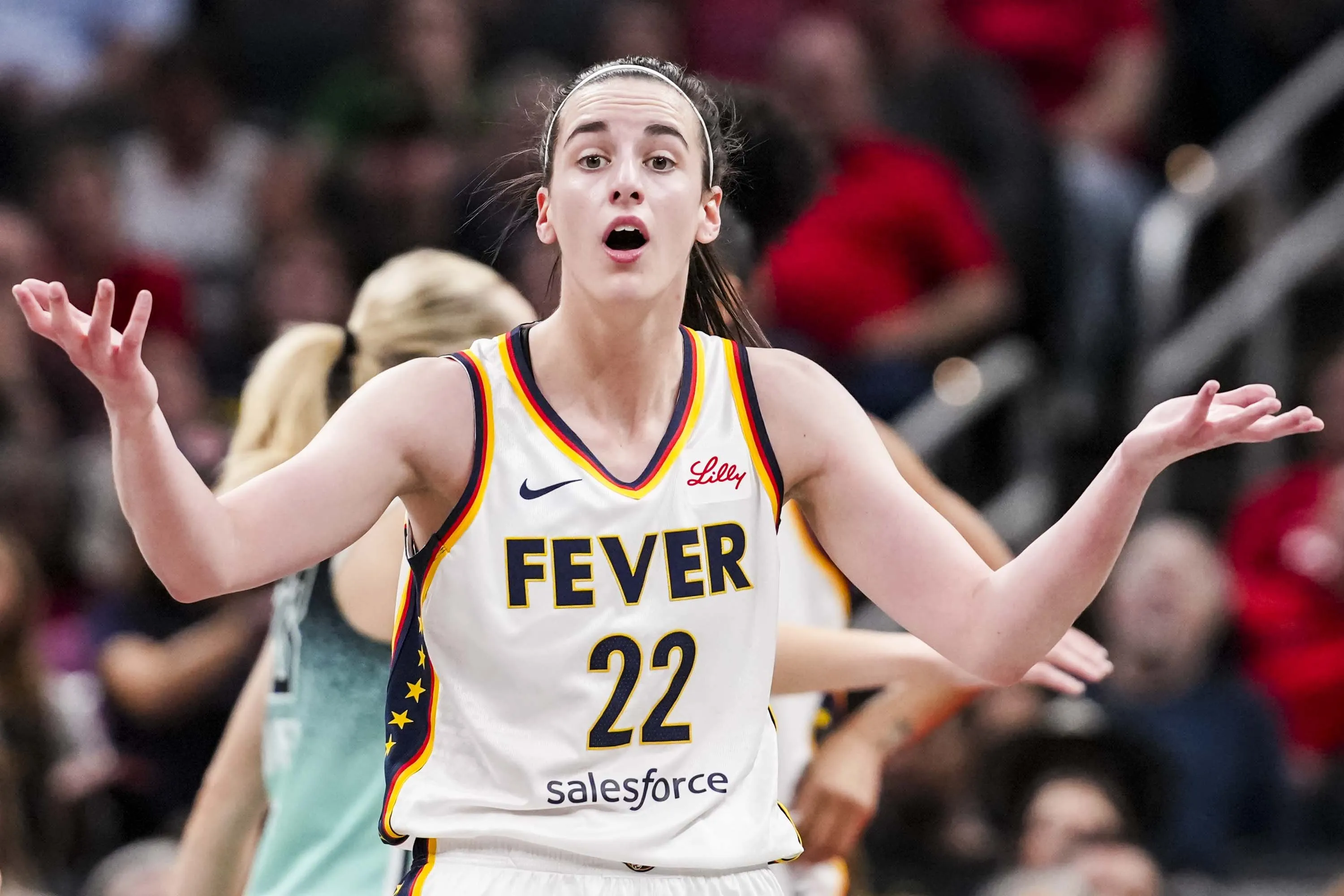
Nguyen Hoai Thanh
Nguyen Hoai Thanh is the Founder and CEO of Metaconex. With 12 years of experience in developing websites, applications and digital media, Nguyen Hoai Thanh has many stories and experiences of success to share.